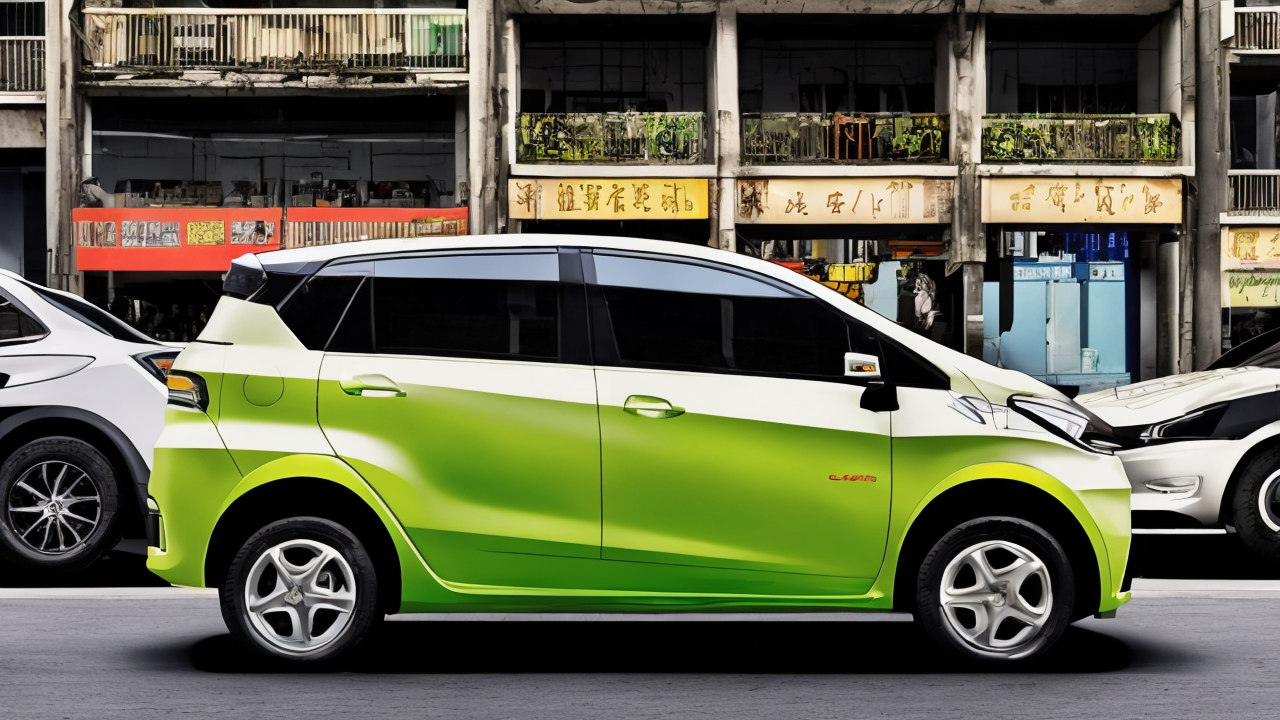Brazil Faces Auto Industry Tensions as Chinese Electric Vehicle Imports Surge

As Brazil emerges as a key market for Chinese electric vehicle (EV) exports, local auto industry and labor groups are raising concerns over job losses and unfair competition. China’s BYD, the world’s largest EV maker, has shipped nearly 22,000 vehicles to Brazil this year, with imports expected to reach 200,000 by 2025, accounting for 8% of the country’s light-vehicle registrations.
Brazil initially waived tariffs on EVs in 2015 to boost adoption but reintroduced a 10% tariff in 2024, planning to increase it to 35% by 2026. However, industry leaders fear Chinese automakers are exploiting the tariff window to flood the market with cheap vehicles rather than invest in local production. BYD and Great Wall Motors (GWM) have delayed factory setups in Brazil, with BYD’s acquisition of Ford’s Bahia plant postponed until 2026 due to labor violations.
Local auto associations argue that excessive imports discourage investment in Brazil’s domestic industry, threatening job creation and technological advancement. They are urging the government to accelerate the tariff hike to 35% to protect local manufacturers.
China’s economic slowdown and domestic overcapacity have driven its automakers to expand globally, with cheap EVs flooding markets in Europe, Southeast Asia, and Latin America. The U.S. and EU have responded with tariffs to protect their industries, but Brazil’s current left-leaning Lula government, which has close ties to China, is unlikely to take immediate action against Chinese imports.
Independent economist Leng Yan noted that Brazil’s economic dependence on China, including soybean and mineral exports, may limit its willingness to confront Chinese automakers, despite growing public opposition to labor violations.
Published: 6/22/2025
















